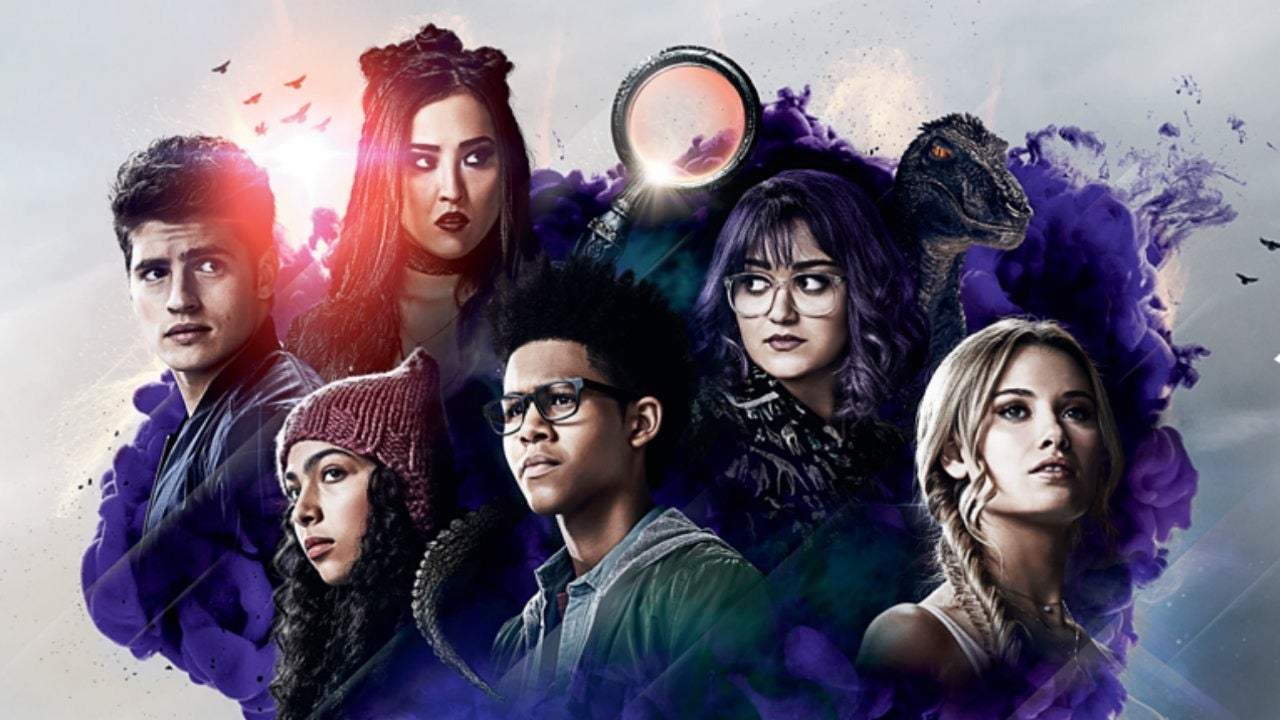Symbols are tricky. I remember one of my English teachers giving us instructions for a poetry assignment: don’t compare homework to peas just because you didn’t like them both. The similarities need to be deeper. The comparison needs to provide insight. This bit of wisdom is strangely connected to Marvel’s Runaways, Hulu’s recently concluded teen superhero show, because, in the end, their lazy symbolism made the show a miss for me.
The show’s creators were clearly trying to be smart and not make the same mistakes many teen shows have. First, there’s the makeup of the main group: six teens, four girls and two boys. That gender split is rare on any show, let alone in the comic book genre that’s known for its male leads. And gender’s not all — in terms of sexuality and mental health, the show depicted relatable story arcs and likable characters inhabiting a range of identities. Good job. Checkboxes crossed!
Perhaps Runaways’ most meaningful nod to advancing representation is in the race of our six principles. There’s a Japanese-American girl, a black boy, a Latina girl, and a Latina actress playing a white girl in addition to two white, white characters. This diversity reflects the show’s Los Angeles setting which in reality is about half white, 10% Asian, 10% Black, and about half Latinx of any race. The show’s good intentions couldn’t be clearer then when they changed a “Molly Hayes” to “Molly Hernandez” to get that Latina in there.
Unfortunately, it’s the execution where the show gets a bit wonky. Take Karolina, the white girl of the group. She’s got long, flowing blond hair and favors hyper-feminine bohemian clothes. A half alien, her superpowers include glowing in a sparkly rainbow gradient, flying, and shooting what looks like light. She grew up as the only child in the first family of the Church of Gibborim and when the church’s members see her in her rainbow glory, they declare her the new messiah. That’s a lot of positive symbolism: light and goodness and you guessed it whiteness all wrapped into one.
And it might have been forgivable if the other blond girl, crossing over from Cloak and Dagger, didn’t also use light as her superpower (while her counterpart is a Black boy who uses… darkness). Similarly, Karolina is paired with Nico, a Japanese American girl who uses witchcraft, a magic staff, and “darkness” to accomplish a range of things from disappearing bad guys to invisibility spells. When Nico’s really in full force, the skin around her eyes turns black and cracked like a midnight desert ground.
In Runaways’ third season, Nico and Karolina break up because Karolina believes the “darkness” is consuming Nico. It’s not a good look to stereotype the Asian character’s power as coming from evil sorcery (in the comic books it’s even worse with Nico’s power growing out of self-harm) and the white character’s power centered around light and God.
The light/dark dichotomy is the worst but it’s not the only symbolism problem. Take our Latina superhero Molly. Her power is super strength, which is cool but still bases her body as the only tool at her disposal. Why can’t a Latina be more than her physicality? Or consider for a second that the boys don’t actually have superpowers at all. They’re just really smart. Isn’t it a bit weird to have them be so good in the stereotypically-male fields of STEM (one’s a hacker and the other an engineer), that it equates to a superpower, while the girls all get their strengths from their bodies and/or magic?
I don’t love it. And before you say, “well that’s how the comic books were,” let me say that’s nonsense. First of all, they did change things from the original (Molly being Latina, removing the self-harm bit) and they could have gone further. Or, and this is an important one, they could have picked less problematic source material! We’re finally getting comic books from the POC-perspective. Why not make one of them into your next TV show?
The thing is, I want Marvel’s Runaways to succeed even with these issues. I hope Disney+ gives it more seasons after its Hulu cancelation. There’s so much potential — we could learn that Gert is adopted and actually is Latina like the actress who plays her. We could see Nico’s power re-positioned not as darkness but as something else — as was hinted at in the third season when she comes back from studying/learning about magic. We could see brunettes being filled with light and blonds using “darkness.” Hell, we could break away from the whole light-dark colorism nonsense entirely. And if it doesn’t happen on Marvel’s Runaways, it should happen soon on some other show. We can all be heroes. It’s time Hollywood wise up to that fact.

